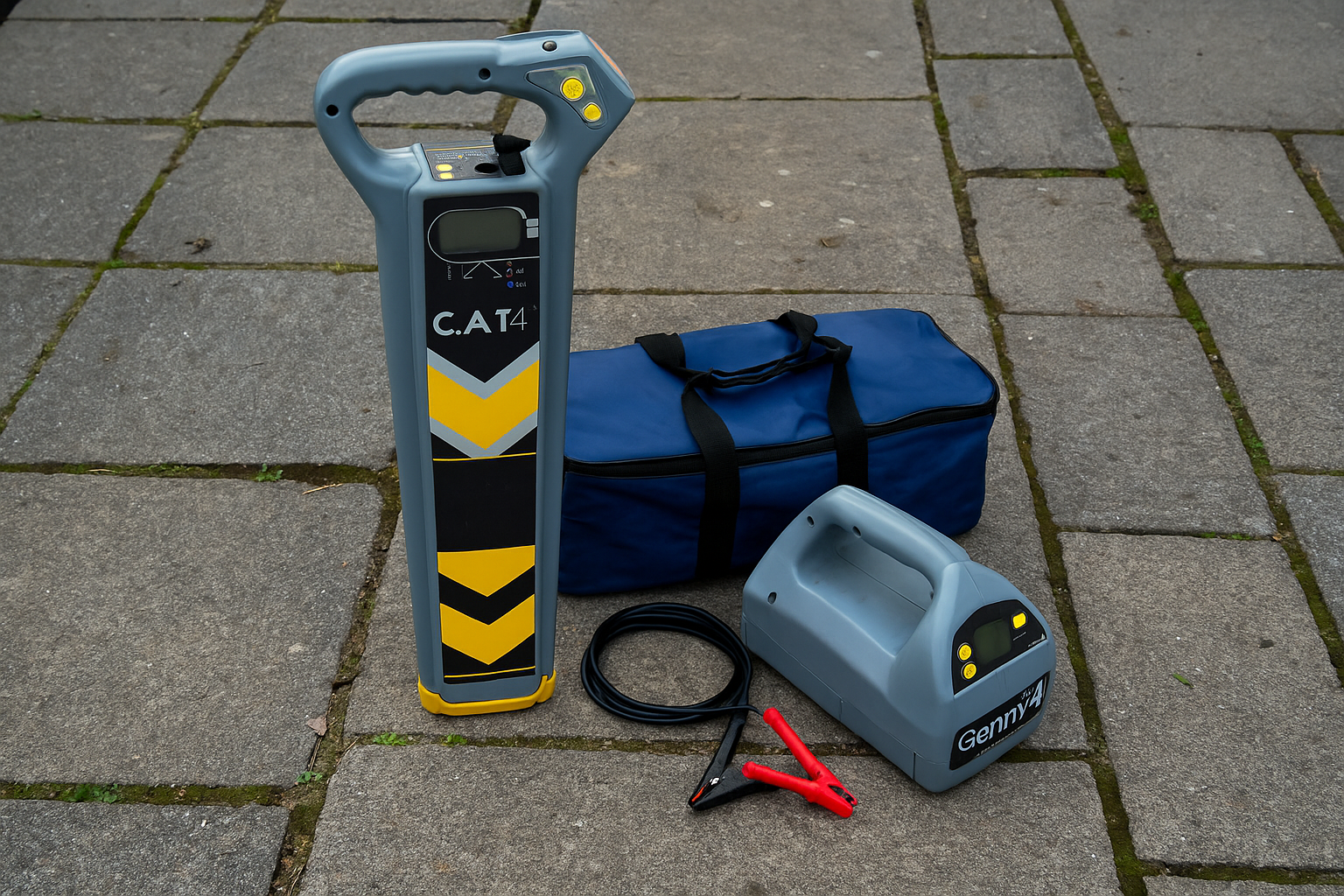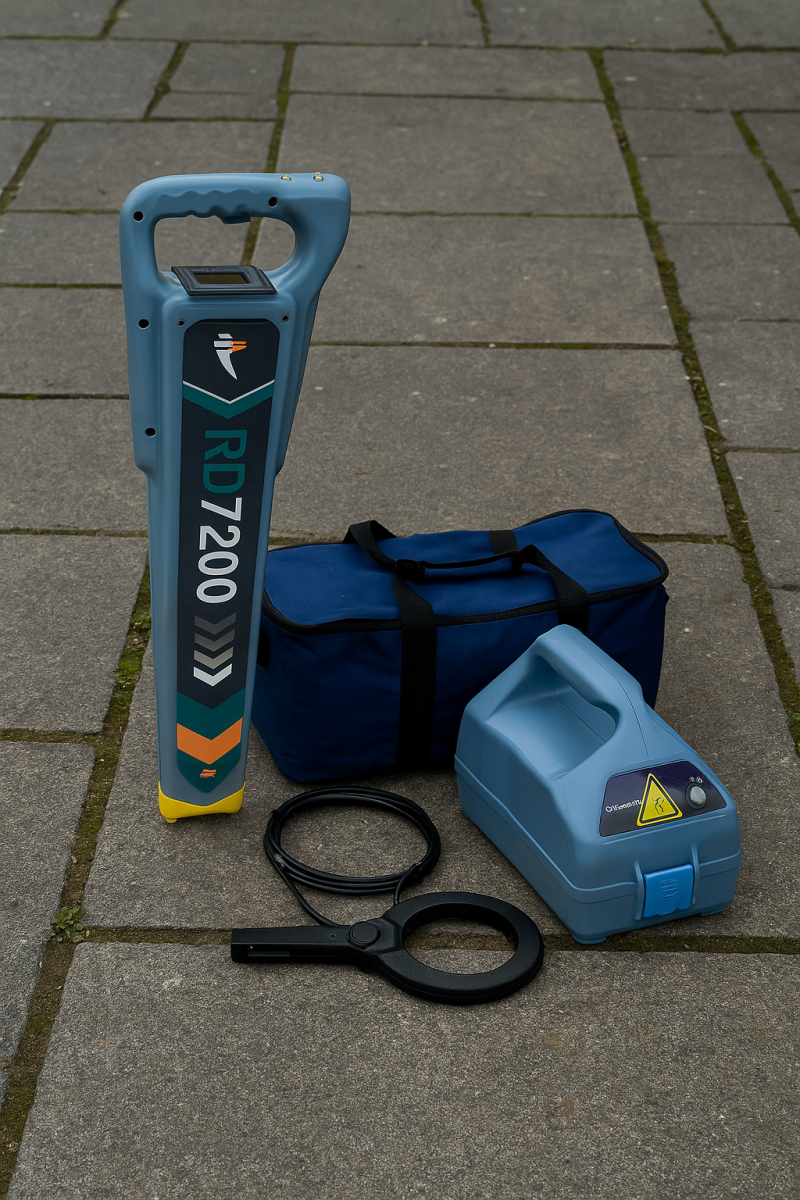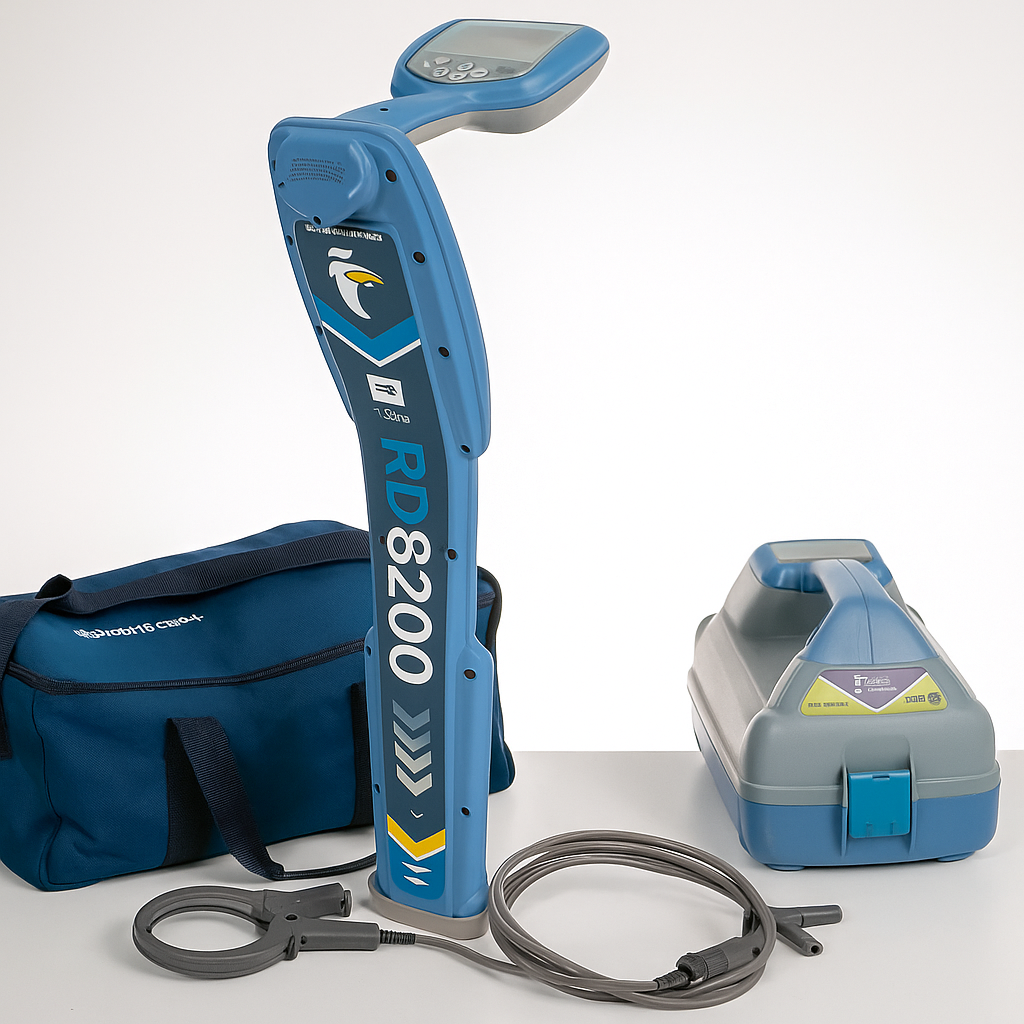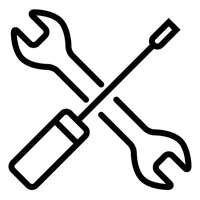The Ultimate Guide to Cable Locating in Australia: Choosing the Right Locator for the Job
Author: James Osborne Date Posted:30 May 2025
The Ultimate Guide to Cable Locating in Australia: Choosing the Right Locator for the Job
In Australia’s rapidly developing infrastructure landscape, the risk of striking underground cables is higher than ever. Whether you're trenching for NBN, preparing a construction site, or inspecting rail corridors, the need for accurate, reliable cable locating technology is non-negotiable.
This comprehensive guide will walk you through the fundamentals of cable locating, the reasons why it’s essential, and a detailed breakdown of Radiodetection’s industry-leading locators — including the CAT4+, RD7200, RD8200, and the MRX RF Marker Locator series.
Table of Contents:
- Why Accurate Cable Locating Matters
- Overview of Cable Locator Technologies
- What to Look for in a Cable Locator
- Introduction to Radiodetection: Industry Leader in Locating
- CAT4+ Cable Avoidance Tool: Entry-Level Excellence
- RD7200: Versatile Performance for Complex Sites
- RD8200 / RD8200G / RD8200SG: Premium Tier Locators Explained
- MRX, MRXG, MRXSG: Locating Buried RF Marker Balls
- Applications by Industry: Who Should Use What?
- Locator Comparison Table
- Training and Compliance: BYDA, Safety, and Legal Standards
- ROI and Value: Reducing Risk & Maximising Productivity
- Final Recommendations
1. Why Accurate Cable Locating Matters
Every year, thousands of utility strikes occur in Australia — damaging underground assets, halting projects, and risking injury or fatality. According to Dial Before You Dig (BYDA), most of these are preventable with proper locating practices. Investing in the right locator mitigates risks, ensures compliance, and protects your team and the public.
2. Overview of Cable Locator Technologies
Cable locators typically detect electromagnetic signals — either radiated naturally from power cables (passive locating) or actively injected via a transmitter (active locating).
Key Technologies:
- Passive Frequencies (e.g., power, radio)
- Active Frequencies (e.g., 8kHz, 33kHz, 65kHz)
- Current Direction (CD)
- Depth Estimation
- Compass Guidance
- Data Logging & GPS Tagging
- Survey-Grade GPS
3. What to Look for in a Cable Locator
Choosing a locator depends on your environment, scope, and compliance needs. Key considerations include:
- Number of frequencies
- StrikeAlert™ or safety features
- Data logging or evidence tracking
- GPS or survey-grade accuracy
- Build quality for harsh conditions
- Training & BYDA compliance
4. Radiodetection: Industry Leader in Underground Locating
Radiodetection has led the global underground detection market for decades, known for its high-performance tools across rail, telecoms, water, and construction industries. Their MRX series series are BYDA-compliant, rugged, and built for professionals.
5. Radiodetection CAT4+: The Reliable Cable Avoidance Tool

The CAT4+ is the go-to entry-level tool used by civil works contractors, councils, and electricians.
Key Features:
- StrikeAlert™: Early warning of shallow cables
- Avoidance Mode: Simultaneous detection of multiple signals
- eCert: Remote calibration without service downtime
- 2 Active Frequencies when paired with a transmitter (automatically output)
Best for:
- Civil construction
- Avoidance (for example where the locating is being done for another purpose)
- Routine trenching
6. Radiodetection RD7200: Versatility for Complex Environments

A step up from the CAT4+, the RD7200 brings professional-grade flexibility:
- 8 Active Frequencies
- Compass & Guidance Arrows
- StrikeAlert™ & Power Filters
Ideal for:
- Utility crews
- Complex underground environments
- Contractors needing advanced features without GPS
7. RD8200 / RD8200G / RD8200SG: Power, Precision & GPS

These models represent the peak of the Radiodetection line:
- RD8200: Core unit with all premium features
- RD8200G: Adds internal GPS for positional data
- RD8200SG: Adds survey-grade GPS for GIS/mapping
Shared Features:
- 21 active frequencies
- Power Filters™ for congested zones
- Current Direction (CD)
- Compass + Sonde Detection
- Data logging with timestamps (some models)
- Bluetooth for connectivity
Best for:
- Councils
- Surveyors
- Utilities needing location evidence
8. MRX, MRXG, MRXSG: Locating Buried RF Marker Balls
The MRX range is for passive RF marker location — commonly used by telcos, water boards, and rail:
- MRX: Standard marker locating
- MRXG: Adds GPS logging
- MRXSG: Survey-grade GPS & precision mapping
These devices locate colour-coded RF marker balls used to identify underground services when other methods fail. They are BYDA-aligned and work in tandem with RD transmitters. These are the locators you need to meet the Dial Before You Dig (now Before You Dig Australia - BYDA accreditation)
9. Applications by Industry
|
Industry |
Recommended Locator |
|
Civil Contractors |
CAT4+, RD7200 |
|
Utilities |
RD8200, RD8200G, MRXG. |
|
Rail/Asset Managers. |
RD8200SG, MRXSG |
|
Survey/GIS Teams |
RD8200SG, MRXSG |
|
Electricians |
CAT4+, RD7200 |
|
Telecoms/Water |
MRX series |
10. Locator Comparison Table
|
Feature |
CAT4+ |
RD7200 |
RD8200 |
RD8200G |
RD8200SG |
|
Active Frequencies |
2 |
8 |
21 |
21 |
21 |
|
StrikeAlert™ |
Yes |
Yes |
Yes |
Yes |
Yes |
|
GPS Logging |
No |
No |
No |
Yes |
Yes |
|
Survey-Grade Accuracy. |
No |
No |
No |
No |
Yes |
|
CD & Power Filters |
No |
Power Filters Only |
Yes |
Yes |
Yes |
|
Data Logging |
Basic (some models) |
No |
Advanced |
Advanced |
Advanced |
11. Training & Compliance: BYDA, Safety, Legal
Radiodetection systems (MRX models) are designed to meet or exceed BYDA (Before You Dig Australia) standards. Many contractors must show evidence of:
- Use of a locator before excavation
- Log files proving activity
- Competency in locator use
Testrix offers product familiarisation and training alongside equipment to ensure your team remains competent in locating.
12. ROI: Why This Investment Pays Off
Accurate locating reduces:
- Costly service strikes
- Project delays
- Reputational damage
- Insurance claims
A proper Radiodetection locator can prevent tens of thousands in damage — especially in gas, water, or fibre networks.
13. Final Recommendations
Best Entry-Level: CAT4+
Best Value Performer: RD7200
Best for Advanced Work: RD8200
Best for GPS/GIS Mapping: RD8200SG + MRXSG
Best for Marker Locating and BYDA compliance: MRX, MRX-G and MRX-SG
When safety, compliance, and reputation matter, investing in the right Radiodetection locator is essential.




